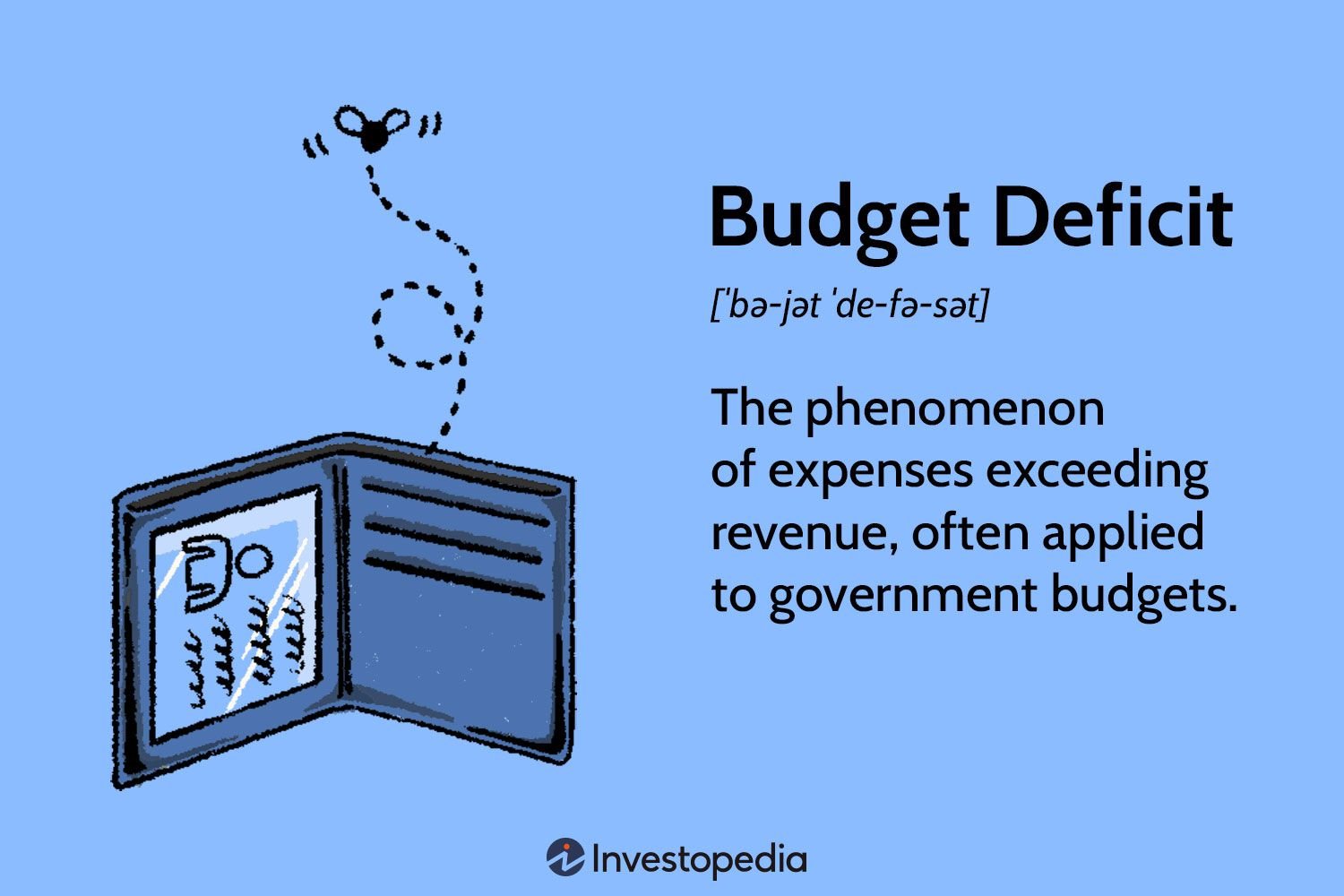Facing a sudden loss of income can be incredibly challenging. The uncertainty and stress that come with it can make financial stability seem like a distant dream. But fear not! In this blog article, we will show you how to budget for sudden loss of income. Yes, that’s right! We have practical tips and strategies to help you navigate through this difficult time and get back on track financially. So, let’s dive in and discover how you can take control of your finances when faced with unexpected circumstances.
How to Budget for Sudden Loss of Income
Introduction
Dealing with a sudden loss of income can be an overwhelming experience. Whether it’s due to a job loss, medical emergency, or unforeseen circumstances, it’s important to have a plan in place to manage your finances during this challenging time. Budgeting becomes crucial to ensure that you meet your essential needs, pay your bills, and avoid unnecessary debt. In this article, we will guide you through the process of creating a budget to navigate through a sudden loss of income smoothly.
Evaluating your Current Financial Situation
Before you can create a budget, it’s important to assess your current financial situation. Take the time to gather and review all your financial documents, including bank statements, bills, and pay stubs. This will give you a clear overview of your income, expenses, and any outstanding debts. Make a list of all your income sources, monthly bills, and essential expenses such as groceries, utilities, and transportation.
- Calculate your average monthly income by considering your salary, additional sources of income, and any government benefits you may be eligible for.
- List all your fixed monthly expenses like rent/mortgage payments, loan payments, insurance premiums, and subscriptions.
- Account for variable expenses such as groceries, transportation, utilities, and entertainment.
- Note down any outstanding debts, such as credit card balances, student loans, or personal loans.
Identifying Essential and Non-Essential Expenses
Once you have an understanding of your financial situation, it’s time to differentiate between essential and non-essential expenses. Essential expenses are those that you must pay to maintain a basic standard of living, while non-essential expenses are discretionary and can be reduced or eliminated during a period of financial difficulty.
- Essential expenses: This category includes your rent/mortgage payment, utilities, groceries, transportation costs (including fuel or public transportation), healthcare expenses, and insurance premiums.
- Non-essential expenses: Non-essential expenses typically include dining out, entertainment, gym memberships, subscriptions (like streaming services or magazines), and luxury items.
Creating a Bare-Bones Budget
During a period of sudden loss of income, it’s crucial to create a bare-bones budget. This budget will focus on covering your essential expenses while temporarily reducing or eliminating non-essential spending.
- Start by subtracting your essential expenses from your average monthly income. This will give you an idea of how much you have left to cover non-essential expenses or allocate towards savings.
- If your income is not sufficient to cover all your essential expenses, prioritize them based on urgency. Consider negotiating with creditors or service providers to lower payments temporarily.
- Review your non-essential expenses and identify areas where you can cut back. For example, you could cancel unnecessary subscriptions, reduce eating out, or find free or low-cost alternatives for entertainment.
- Allocate any remaining funds towards an emergency savings account to build a financial cushion.
Exploring Additional Income Sources
Finding alternative sources of income can be beneficial during a sudden loss of income. While job hunting may be your main focus, there are other ways to generate income in the meantime.
- Consider freelance work or gig economy jobs that align with your skills and interests. Platforms like Upwork, Fiverr, or TaskRabbit can connect you with potential clients.
- Explore part-time or temporary job opportunities in your area. These can help bridge the income gap until you secure a permanent position.
- Monetize a hobby or talent you have, such as selling crafts, offering tutoring services, or renting out a room on platforms like Airbnb.
Dealing with Debt
If you have outstanding debts, it’s essential to address them while navigating a sudden loss of income. Prioritize your debts based on interest rates and urgency to avoid accumulating further financial stress.
- Contact your creditors and explain your situation. They may be willing to offer temporary relief options, such as reduced interest rates or payment plans.
- Explore debt consolidation options to streamline your payments and potentially lower interest rates.
- Consider seeking advice from a credit counseling agency for guidance on managing your debt. They can help you create a realistic repayment plan.
Seeking Financial Assistance
During a sudden loss of income, you might be eligible for various forms of financial assistance. Explore these options to help alleviate the financial burden.
- Unemployment benefits: If you lost your job, you may qualify for unemployment benefits. Check with your local unemployment office or government website for eligibility and application details.
- Government assistance programs: Research government programs that provide financial aid to individuals or families facing financial hardship. These programs could help cover essential expenses like food, housing, or healthcare.
- Non-profit organizations and community support: Local non-profit organizations often provide assistance programs, such as food banks or emergency financial assistance. Reach out to these organizations for support.
- Charities and grants: Some charities and grant programs offer financial assistance to individuals experiencing financial difficulties. Research and apply for any suitable opportunities.
Monitoring and Adjusting your Budget
Once you have created your budget, it’s important to monitor it regularly and make adjustments as needed. Track your spending, review your budget monthly, and adapt it to changes in your income or financial situation.
- Keep a record of all your expenses and compare them to your budget. This will help you identify areas where you may be overspending or areas where you can cut back.
- Make adjustments to your budget based on changes in your income, expenses, or financial goals. Regularly reevaluate your priorities and adjust your spending accordingly.
- Explore money-saving strategies, such as using coupons, shopping for deals, or opting for generic brands, to stretch your dollars.
- Consider financial tracking apps or budgeting software to simplify the process and keep a close eye on your finances.
Budgeting for a sudden loss of income can be challenging, but with careful planning and prioritization, you can successfully navigate through difficult times. By evaluating your current financial situation, identifying essential and non-essential expenses, creating a bare-bones budget, exploring additional income sources, addressing debt, seeking financial assistance, and monitoring your budget, you can regain control over your finances. Remember, staying proactive and adaptable are key to managing your finances during uncertain periods.
How Do We Budget On An Irregular Income?
Frequently Asked Questions
Frequently Asked Questions (FAQs)
How can I budget for a sudden loss of income?
During a sudden loss of income, it is crucial to reassess your financial situation and create a budget that aligns with your current circumstances. Here are some steps to help you budget effectively:
What should be my first step when budgeting for a sudden loss of income?
The first step is to evaluate your current financial standing by calculating your total income, expenses, and debts. This will give you a clear picture of your financial obligations and what adjustments are needed.
Should I cut back on non-essential expenses in my budget?
Yes, it is advisable to prioritize essential expenses, such as housing, utilities, groceries, and transportation. Non-essential expenses, like entertainment and dining out, should be reduced or eliminated temporarily to free up more funds for necessary expenses.
How can I create an emergency fund to deal with a sudden loss of income?
Creating an emergency fund is essential to cope with unexpected financial setbacks. Set aside a portion of your monthly income to build up a cushion that can cover at least three to six months of your essential expenses.
Should I consider temporary or alternative sources of income?
Yes, exploring temporary or alternative sources of income can provide additional financial stability. Consider part-time jobs, freelancing, or selling unused items to generate extra income during this period.
Is it necessary to review and renegotiate my bills and financial obligations?
Reviewing and renegotiating bills can help lower your monthly expenses. Contact your service providers, such as utilities, insurance companies, and creditors, to explore options for reducing payments or adjusting due dates temporarily.
How can I track my expenses effectively during this period?
Tracking your expenses is crucial to ensure you stay within your budget. Use mobile apps or online tools to record and categorize your expenses, making it easier to identify areas where you can cut back and save.
What if my budget is not enough to cover all my essential expenses?
If your budget falls short of covering all essential expenses, prioritize the most critical ones, such as housing and food. Seek assistance from local community resources, non-profit organizations, or government programs that can provide temporary financial aid.
How can I best communicate with my family about our new financial situation?
Open and honest communication is vital when dealing with a sudden loss of income. Sit down with your family, explain the situation, and involve them in the budgeting process. Encourage everyone to contribute ideas and make necessary adjustments together.
Final Thoughts
In conclusion, budgeting for a sudden loss of income is crucial to navigate financial challenges effectively. By assessing your expenses, prioritizing essential needs, and cutting back on discretionary spending, you can create a practical budget. Exploring alternative income sources, such as freelancing or part-time work, can help bridge the financial gap. It is important to communicate with creditors to negotiate payment plans and seek assistance from government programs or local support organizations. Additionally, having an emergency fund and reevaluating insurance coverage provides a safety net during unexpected events. By following these steps, you can proactively manage financial stability in the face of a sudden loss of income.



